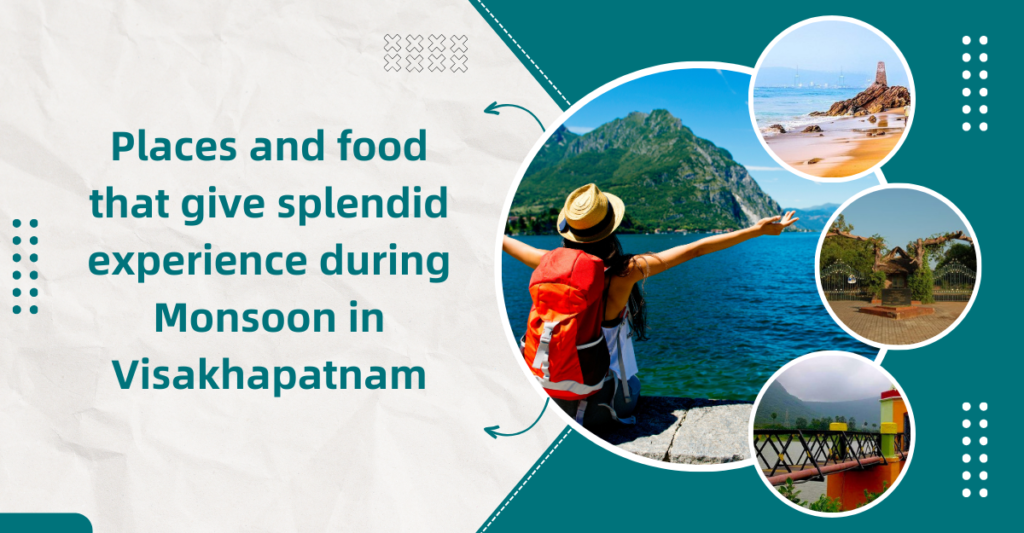There is more to travelling than just packing your bags, going to new areas, and spending money.Travel has a significant impact on one’s life. Whether the journey is short or long, from one day to a year, if you are observant enough, you will realise how precious each moment is and will be inspired to live.
Travel provides unparalleled adventure and life lessons that are tough to put into words. These experiences are life-changing; they force us outside of our comfort zones and serve as a reminder of why we are here. Listed below are seven ways that travelling can improve your quality of life.
1. You broaden your views.
Observing how others live can have a profound impact on how you perceive your own life experience. You’ll not only feel more grateful and appreciative for the life you have, but you’ll also develop a new sense of wonder and compassion for people you got to know the customs and culture of the place. Immerse yourself in the culture, language, way of life, and values of other people; you’ll discover that these things differ from place to place and it will make you relate your own values with them.
2. You gain the capability to live in this moment.
Whether you are visiting temples or holiday destinations, you can feel the essence of the place, which is something that travelling teaches you to accept and make the most of. Travel is a visual feast that makes you take a moment to relish each second, minute, and instant. It’s hard to think about your most recent text message when you visit places you’ve never been to before and see sights you’ve only heard about. When we travel, we learn to detach, explore, and discover new aspects of ourselves.
3. You prefer experiences to possessions.
When you get addicted to travelling and realise its true power, you come to know that experiences such as gazing at picture-perfect scenery, swimming in the sea or simply lounging in nature much exceed any material possessions you might be able to buy. Instead of purchasing a nice car, you choose to invest your money in experiences that are more important to you—travelling to new places and engaging with diverse cultures. Travel is a way of life; it is not something you do occasionally.
4. You develop the ability to adapt.
Almost everyone has experienced situations where their bus, aircraft, or train was cancelled, delayed, or they misplaced their luggage while travelling. This frustrating experience has the advantage of teaching you how to deal with it. The sooner you learn to accept any problems that come your way, the more carefree and eager you will be to set out on your next new adventure. There may be times when your food options are limited, distant from the comforts and pleasures you are used to in your regular life. You develop the ability to survive with little material possessions or to make do with what is already available. You quickly come to the realisation that most issues are under your control.
5. You are more adaptable to various lifestyles.
Each nation, city, and place has a different style of life. No matter how diverse individuals are or how they live, there is an innate goodness in most people, which you can witness when you travel. Countries have distinct customs, and people have different beliefs. We learn about various lifestyles, from attire and cuisines to the types of homes people live in and the daily routines they follow.
6. You discover your humanitarian side.
When we experience our neighbourhood or city, it’s easy to forget that there’s a big world out there. While w e travel we become more aware of the world around us and how its events may affect us as we travel. We learn that protecting natural ecosystems and natural resources for future generations is important, and we continue to work towards that goal. We also learn that helping those in need and saving areas we’ve never seen before gives great boost and personal significance.
7.You continue your enthusiasm for learning.
Every part of the country or the world has its own distinct languages and dialects, and in order to connect with people there, you must learn the language. When attempting an adventure like scuba diving, kayaking, or trekking, you should learn and advance your competence in those areas in order to fully enjoy the adventure and mark that item off your bucket list.


